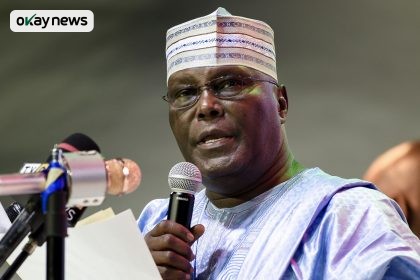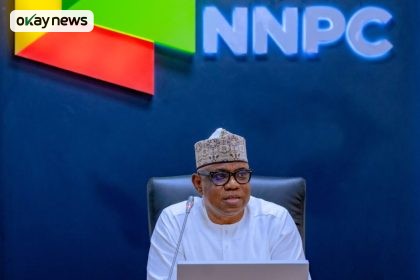Nigeria’s Minister of State for Petroleum Resources (Gas), Dr Ekperikpe Ekpo, has called for a regionally tailored approach to energy transition across Africa, stressing that the continent must not be forced into externally imposed decarbonisation models that risk undermining economic development.
He made the remarks during a ministerial panel session titled “Global Shifts: Navigating an Era of Diverging Priorities” at the 2025 Abu Dhabi International Petroleum Exhibition and Conference.
Dr Ekpo argued that while Nigeria supports global climate goals, the transition to cleaner energy must be “sequential, just, and balanced.” He warned that Africa cannot afford to “decarbonise to poverty,” and must be allowed to use its natural resources responsibly to achieve energy security, industrialisation, and inclusive growth.
“For Nigeria today, about 80 million people are without access to electricity, and across Africa, more than 600 million still live without power,” Ekpo said. “Millions also rely on biomass for cooking, which is not clean. Gas remains central to Nigeria’s energy strategy, serving as a low-emission fuel for power generation, industrialisation, transportation, and clean cooking.”
The minister highlighted Nigeria’s efforts to expand renewable energy in viable regions while continuing to leverage its abundant natural gas reserves. He noted that while renewables are part of the country’s energy mix, they cannot yet meet the demands of heavy industry and large-scale power generation.
Ekpo’s comments come amid a global energy recalibration, where governments are balancing sustainability targets with the realities of affordability, access, and security. The resurgence of hydrocarbons, volatility in critical minerals, and regional competition for energy supply are prompting countries to strengthen domestic capacity and pursue pragmatic cross-border cooperation.
Nigeria’s energy strategy, according to Ekpo, is focused on modernising legacy systems, reforming the power sector, and attracting long-term investment. He reiterated that the country’s approach to energy transition must align with its development goals and reflect the lived realities of its population.







